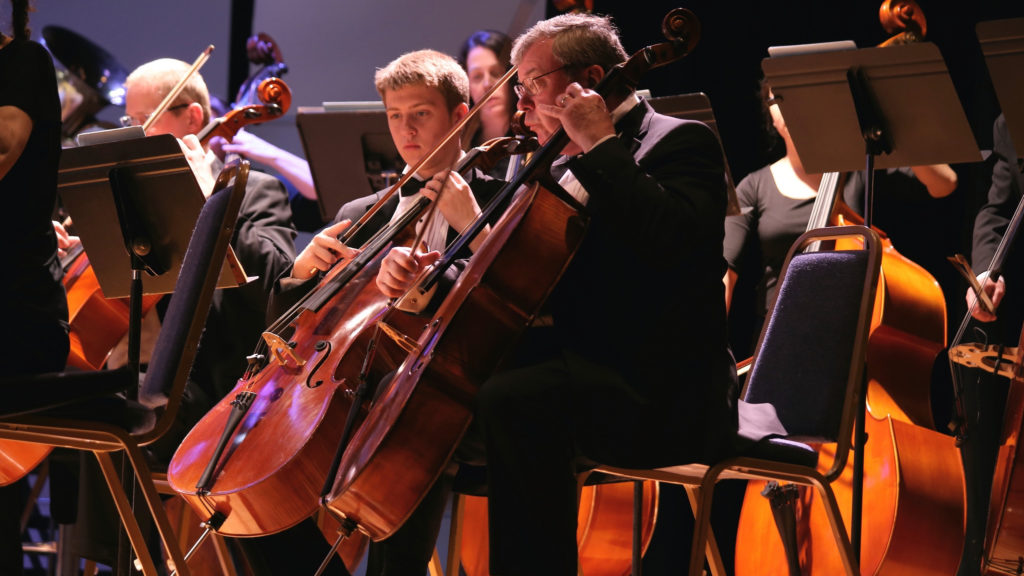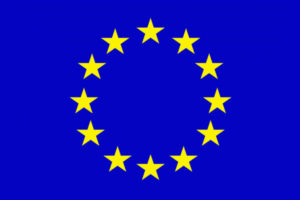The myth of noble savage
There is, likely, no more destructive myth in human history than that of the “noble savage” – the innocent being uncorrupted by ‘civilizing’ influences. In fact, the persistence of this myth has probably contributed more to the destruction of cultures and civilizations than overtly violent acts like the burning of libraries. The myth of the noble savage is worse as it discourages people from using libraries in the first place. It encourages people to believe that passively following your instincts and not developing the potential of free will is the best way to go.
To believe in the noble savage is to believe that humans do not need any instruction or guidance to behave well. It is particularly visible in present education that slowly abandons shaping of students’ characters. Children are not adequately taught how to abide by values such as democracy, equality, solidarity, honesty, openness, and caring for others. I believe that, with access to the appropriate tools, personal growth can be developed in the same way as any other knowledge or skill. For this purpose, we need deliberate practice.
Deliberate practice

cc by Jim, the Photographer at flickr
In studying deliberate practice, psychologists investigated practitioners of many disciplines: musicians, sportspersons, software engineers, chess players, etc. They compared amateurs who performed only on the basis of their experience or infrequent and unorganized training to those who were exceptionally successful in their domains. They found that all real professional expertise requires deliberate practice on a regular basis. While the deliberate practice differs depending on the domain, it usually comprises: (1) slow, sequential progress based on acquiring elementary skills before the more complex are learned; (2) enough time for daily practice; (3) guidance of coaches and teachers who propose more and more challenging tasks; (4) first feedback from experts and peers, then the ability to self-monitor; (5) questioning one’s own knowledge and skill by constantly confronting oneself with new advances in the domain[1].
History of deliberate practice
This research gives us hope that the myth of the noble savage will not overtake us. Our society can come to appreciate that we must treat personal growth as a field worthy of both detailed study and judicious application, equal in importance to medicine or physics. We have to put in careful and conscious work in order to develop appropriate expertise in personal growth and we need to develop methods to measure our success. Fortunately for us, all throughout human history people have been intuitively aware of the importance of focussed and self-controlled practice in the pursuit of personal growth, so we do not have to start from scratch. Every religion has its spiritual growth model, and many philosophers and psychologists have proposed models for personal development as well. As such, our challenge, with MyIndex, will be to select a model that best suits our goals, rather than to create a new one. Many spiritual growth models are inward-looking, guiding the practitioner towards the ultimate goal of self-actualization. Thus, all the self-realization or self-actualization models do not quite fit the values of caring for others, solidarity, and social responsibility.
Test if you use deliberate practice in personal development.
| PREVIOUS | NEXT | ||
| How to work on free will |
[1] Erickson, K. A. (2006). The Influence of experience and deliberate practice on the development of superior expert performance. In: Erickson, K. A., et al.. (Eds). The Cambridge handbook of expertise and expert performance. Cambridge: Cambridge University Press.







 The participation in this project is free because it is financed by a grant of the European Union -
The participation in this project is free because it is financed by a grant of the European Union - 